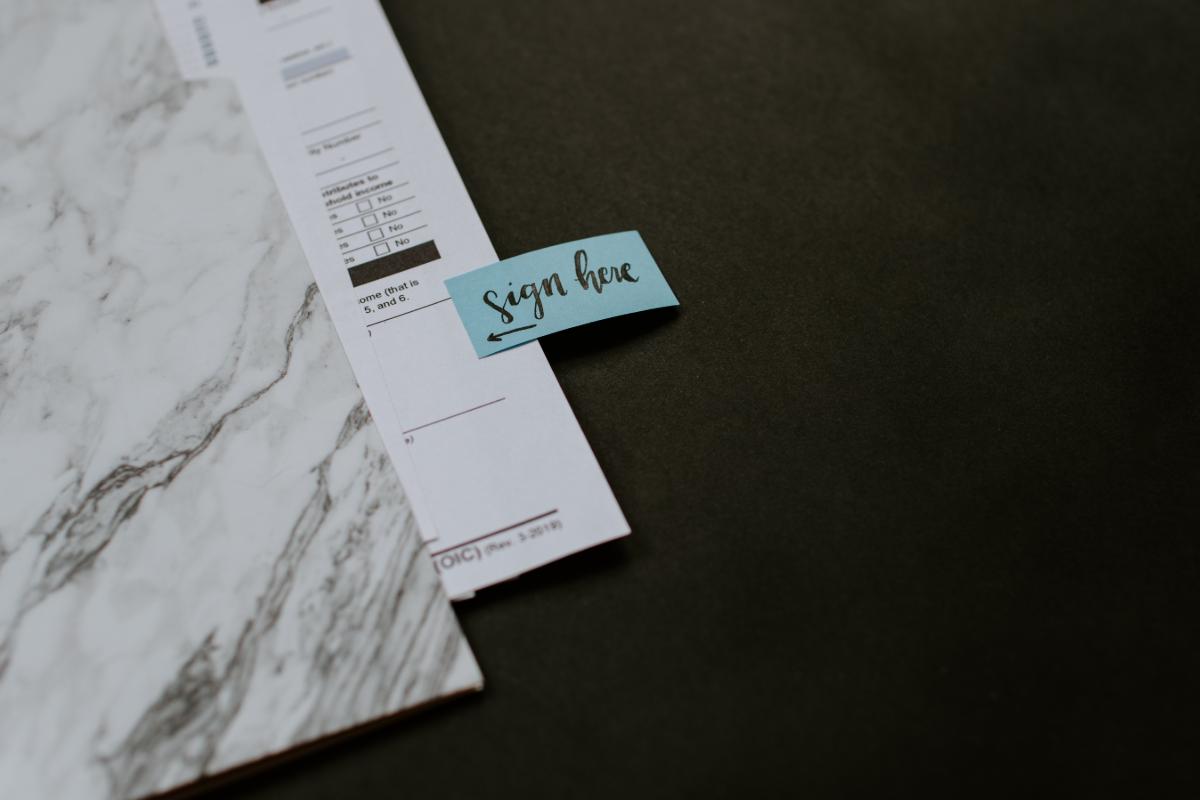
When a new tenant moves into your property you must serve them with specific paperwork. This is a legal requirement. But serving the correct documents at the start of the tenancy will also protect you should you need to evict your tenant at a later date. The documents (may vary in Scotland) you need to serve are:
How to Rent booklet
'How to Rent' is a guide published by the government. It
contains advice for tenants and outlines their rights as a renter.
You must provide your tenant with a copy of this booklet. It
should be a printed copy. However, if your tenant agrees you may send them an
electronic version as an email attachment. You must by law provide the latest edition
of the booklet. So, don't rely on copies you picked up a few years ago.
Energy Performance Certificate
Since April 2018 rented accommodation must have a minimum
energy rating of 'E'. You can't let out a property without an EPC. Energy Performance
Certificates are valid for ten years. You must give your tenant a copy of
the latest certificate for their records.
Gas Safety Certificate
Another essential piece of paperwork you must present to
your tenant. Gas Safety
Certificates are renewable every twelve months. You should give your renter
a copy of the current certificate at the start of the tenancy. But you may need
to renew the certificate during the course of the tenancy. In this case, you
must give your renter a copy of the new certificate within 28 days.
Deposit paperwork
You know of course you must protect your tenant's
deposit. As part of the process, you must also give your tenant the
prescribed information within 30 days. This information describes the scheme
and how the tenant can get their deposit back at the end of the tenancy.
Why you need to serve documents
It’s easy to think the documents we’ve listed above aren’t
that important. Especially the How to Rent booklet. But there can be serious
consequences if you don't serve the documents.
If the tenancy began after October 1, 2015, and you haven't
given your tenants the documentation we've mentioned, you won't be able to
evict them using a Section 21. This could cause you major issues. And in the
case of the deposit protection documentation could leave you open to having to
pay compensation to your tenant.
Other paperwork
Although not legally necessary you may find it beneficial to
serve other paperwork on your tenant when they move into your property. This
includes:
Tenancy agreement
This pretty much goes without saying but do make sure your
tenant has a copy of the tenancy
agreement. Take the opportunity of going through the agreement with them so
they understand their obligations and responsibilities. Taking the time to do
this can pay off by avoiding misunderstandings and disputes during the tenancy.
Emergency contact details
Make sure the tenant is able to contact you or your letting
agent in the event of an emergency.
Electrical safety certificates
There's no legal requirement for these certificates. But
obtaining electrical
safety certificates and giving copies to your tenant will instil
confidence. It'll also show you're a conscientious landlord looking out for the
best interests of your tenant.
Manuals for appliances/ boiler
Help your tenant understand how the appliances in the
property work by leaving copies of the operating manuals. It's a small gesture
but will help the tenant settle in.
Private landlords can find tenants fast by listing their property
with MakeUrMove the online letting platform bringing landlords and tenants
together.






